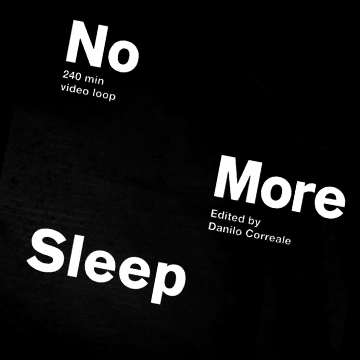Night-space and sleep, despite the recent media attention, remain rather uncharted territories in the landscape of human life, and continue to generate intriguing theories and propositions both in medical and social sciences. No More Sleep No More neither poses nor answers questions about sleep, but rather aims to reframe sleep and wakefulness into the framework of chronopolitics together with aspect of our lives absorbed under the neoliberal condition.
Tag: neoliberalism
Being Together Precedes Being
Being Together Precedes Being offers a text book for the project “The Kids Want Communism,” which was initiated towards the 99th anniversary of the Soviet Revolution of October 1917 as a series of exhibitions, symposiums and conferences, screening programs, publications and a summer camp. In this textbook, communism does not merely describe an “us versus them” relation, but also offers that we are becoming the future. This trajectory of communism runs parallel to us at every single moment and its guiding principle is that being together precedes being.
Fight-Specific Isola
Fight-Specific Isola traces the long history of the Isola area of Milan and the organic, spontaneous progress of the Isola Art Center over the past 12 years. Featuring texts and many images, the book tells the story of an artistic and urban transformation, led by artists, who often had to invent tools and concepts along the way. This publication serves as an example of how to act on the ground in today’s urban condition. Different narratives of history, artistic intervention and action allow the reader to trace the complex idea of collectivity, solidarity and fight-specificity. Testing new terms such as dirty cube and dispersed center this book shows a possible way to respond to the constant pressure of neoliberal development and gentrification.
For The Record
For over a decade Ruti Sela’s work has been focused on activating and documenting power relations as these are performed around the camera through sexuality, militarism, parenthood, and professional relations. Under the conditions of neoliberal optics of entertainment and surveillance, Sela’s films offer a groundbreaking visual ethics which is explored in this book by Yair Garbuz, Vít Havránek, Julia Moritz, Joshua Simon, Eduardo Thomas and Ana Teixeira Pinto.



